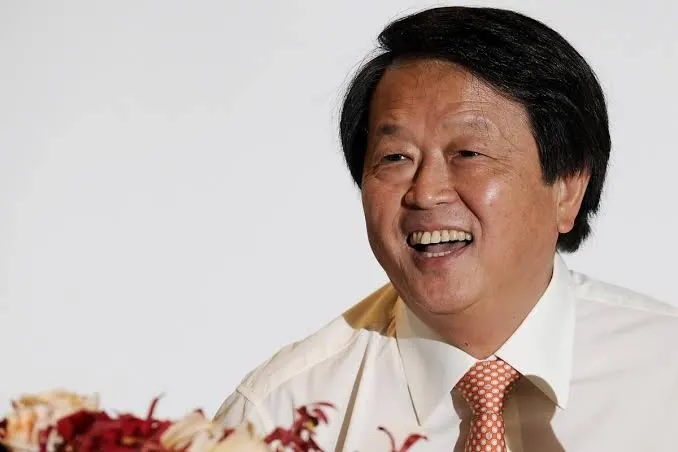Wilmar Invests in Nigeria
Bets big on palm oil sector as currency stabilises
Summary
- Wilmar announces $70 million investment and expansion in Nigeria amid improved economic outlook
- Company acquires 8,500 hectares of old rubber plantations for palm oil cultivation in Cross River
- CEO credits policy reforms and naira stability for creating a more viable investment environment
Lagos, Nigeria – Singapore-based agribusiness giant Wilmar International Ltd. is deepening its presence in Nigeria’s palm oil sector, committing $70 million to acquire full ownership of its joint venture with PZ Cussons and purchasing 8,500 hectares of old rubber plantations in Cross River State for palm oil cultivation. The move comes as Nigeria begins to reap the benefits of sweeping economic reforms.
The company’s decision signals renewed investor confidence in Nigeria, thanks to recent policy changes under President Bola Tinubu, which include naira devaluation, improved foreign exchange access, and the removal of fuel subsidies. These efforts have helped stabilise the currency, increase dollar liquidity, and improve investor sentiment.
“The landscape is beginning to shift,” said Santosh Pillai, CEO of Wilmar’s African unit. “Policy changes, particularly greater stability in the naira and improved access to foreign exchange, are creating a more viable environment for long-term investment. Wilmar remains committed to driving sustainable growth in Nigeria’s palm oil sector.”
Nigeria currently faces a 1.25 million-ton annual palm oil supply gap, largely due to ageing plantations and low yields. Wilmar plans to bridge that gap by replanting acquired land with high-yielding seedlings, a strategy that could significantly increase local production and reduce dependence on imports.
“Many plantations are over 25–30 years old, and yields are steadily declining,” Pillai explained. “If these older plantations are replanted with high-yielding seedlings, Nigeria could increase its oil palm production even faster.”
Despite its potential, Nigeria has lagged behind global competitors like Thailand and Colombia in palm oil output. Challenges such as farmer-herder conflicts and resurging insecurity in the northeast have compounded agricultural difficulties. Nonetheless, Wilmar’s investment underscores the growing appeal of Nigeria’s market as macroeconomic conditions improve.
The Central Bank of Nigeria has also supported palm oil producers through financing programs aimed at economic diversification. International sentiment is shifting as well. In May, Moody’s upgraded Nigeria’s foreign currency debt rating, acknowledging progress in financial reforms.
With a population exceeding 200 million, Nigeria represents a key market for edible oil. Wilmar’s expansion not only supports food security but also boosts local employment and agriculture-led development.







